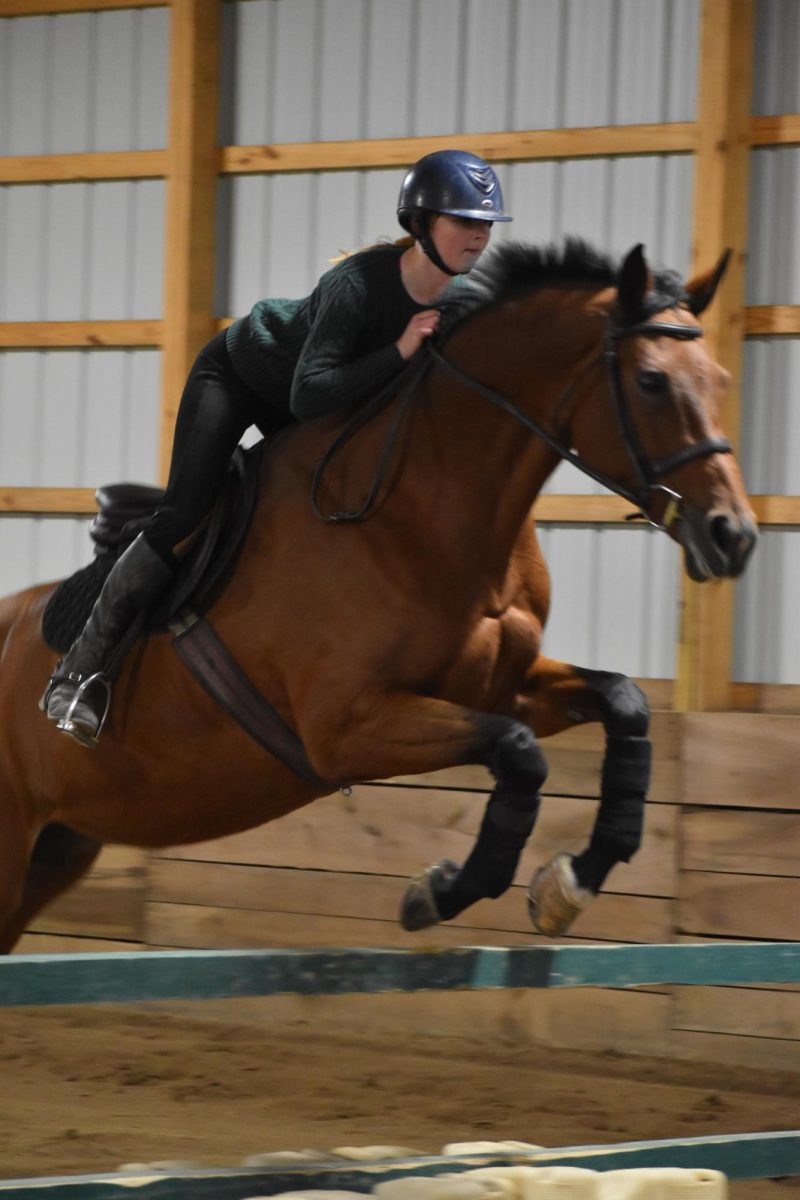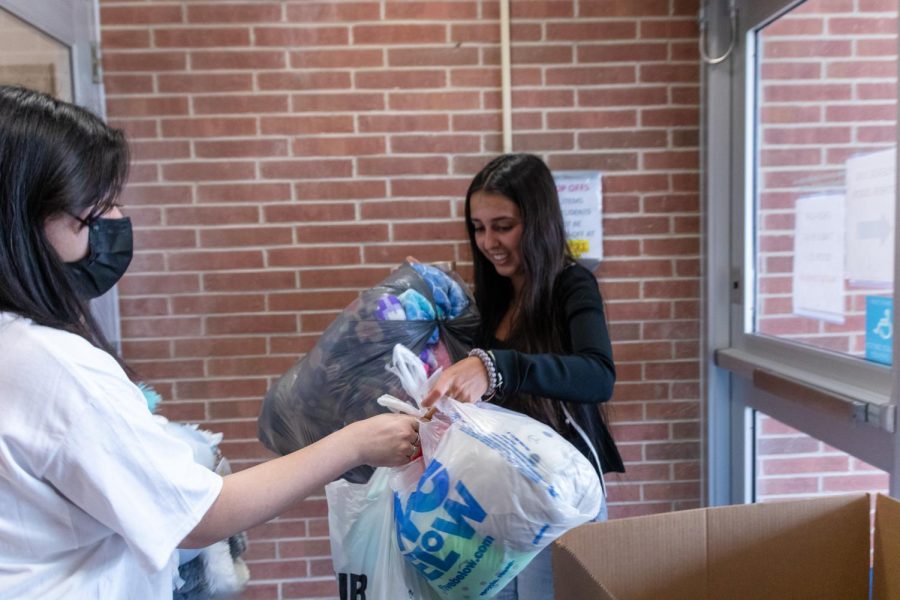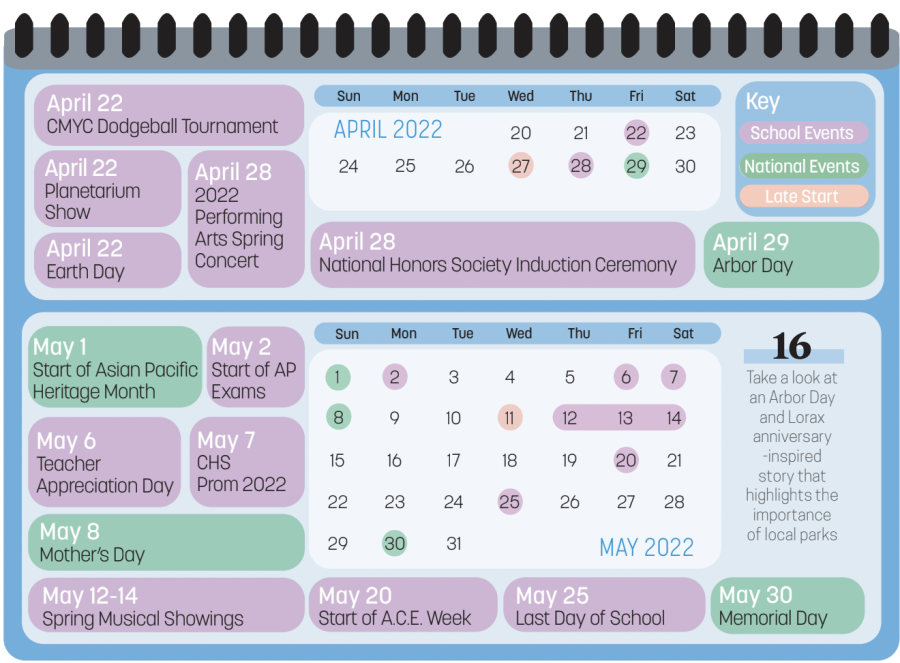Visualize this: spending a few hours a day every weekday of your summer sitting at a desk transferring colorless liquid from container to container, slowly following the instructions written out that ask you to add a nanoliter (yes, that’s about one millionth of a liter) of water or additional colorless liquids during each transfer.
I spent my summer performing what some may call tedious work such as the scenario described above rather than spending every moment out in the sun, and, to be frank, I enjoyed every moment of it.
What many students do not realize nowadays is the importance of not only excelling in academics but also in enjoying and developing a passion for learning opportunities through learning outside of the classroom. This summer I sought to fortify my passion for science through an internship at IUPUI, working in a lab every day to find an application for the skills learned in both chemistry and biology classes.
Along with applying my past knowledge, I gained additional knowledge that helped to cement my interest and supplement my experience in a science-related job. The internship differed from past classroom experiences in that it was one-on-one with a professor who worked in a lab on a daily basis. He was able to give me insight into the requirements, benefits and detriments involved with working in such a setting.
Students who do not get the opportunity to intern do not get to attain crucial skills outside of academia that would be applicable in a future job; for example, I was able to observe my mentor deal with all aspects of his job such as lab work, department meetings and meetings with peers to discuss work.
In a classroom setting, students are lectured by the teacher for up to 90 minutes. They then digest the information, complete homework assignments to fortify their understanding and finally complete a test to prove their proficiency with the subject.
In an internship setting, students gain more hands on experience with applying such proficiency in the real world. My mentor explained the science behind the experiment we would conduct, and then he would explain how to conduct the experiment and show me. I would finally then apply what I had learned and repeat the experiment on my own.
This process allowed me to learn from my own mistakes just as I would be required to in a realistic job setting while also learning about the advanced processes needed to conduct such experiments. Instead of just having a teacher grade a paper and say my answers were incorrect, I was able to apply my knowledge and learn from any “incorrect” and “faulty” actions I would take.
Overall, my internship experience culminated in a more improved aptitude in the sciences and a greater appreciation for learning both inside and outside of the classroom this summer break.
So throughout this year or even next summer, students should proactively search for opportunities to learn outside the classroom.
In the end it will serve to supplement their current knowledge and their future prospects. Overall a combination of both learning within and outside the classroom will lead to success.
The views in this column do not necessarily reflect the views of the HiLite staff. Reach Eric He at [email protected].


































![British royalty are American celebrities [opinion]](https://hilite.org/wp-content/uploads/2024/03/Screenshot-2024-03-24-1.44.57-PM.png)



















![Chelsea Meng on her instagram-run bracelet shop [Biz Buzz]](https://hilite.org/wp-content/uploads/2024/04/IMG_2446-1200x838.jpg)
![Review: Quiet on Set: The Dark Side of Kids TV is the long awaited exposé of pedophilia within the children’s entertainment industry [MUSE]](https://hilite.org/wp-content/uploads/2024/04/unnamed.jpg)
![Review: “The Iron Claw” cannot get enough praise [MUSE]](https://hilite.org/wp-content/uploads/2024/04/unnamed.png)
![Review: “The Bear” sets an unbelievably high bar for future comedy shows [MUSE]](https://hilite.org/wp-content/uploads/2024/03/unnamed.png)
![Review: “Mysterious Lotus Casebook” is an amazing historical Chinese drama [MUSE]](https://hilite.org/wp-content/uploads/2024/03/0.webp)
![Review in Print: Maripaz Villar brings a delightfully unique style to the world of WEBTOON [MUSE]](https://hilite.org/wp-content/uploads/2023/12/maripazcover-1200x960.jpg)
![Review: “The Sword of Kaigen” is a masterpiece [MUSE]](https://hilite.org/wp-content/uploads/2023/11/Screenshot-2023-11-26-201051.png)
![Review: Gateron Oil Kings, great linear switches, okay price [MUSE]](https://hilite.org/wp-content/uploads/2023/11/Screenshot-2023-11-26-200553.png)
![Review: “A Haunting in Venice” is a significant improvement from other Agatha Christie adaptations [MUSE]](https://hilite.org/wp-content/uploads/2023/11/e7ee2938a6d422669771bce6d8088521.jpg)
![Review: A Thanksgiving story from elementary school, still just as interesting [MUSE]](https://hilite.org/wp-content/uploads/2023/11/Screenshot-2023-11-26-195514-987x1200.png)
![Review: When I Fly Towards You, cute, uplifting youth drama [MUSE]](https://hilite.org/wp-content/uploads/2023/09/When-I-Fly-Towards-You-Chinese-drama.png)
![Postcards from Muse: Hawaii Travel Diary [MUSE]](https://hilite.org/wp-content/uploads/2023/09/My-project-1-1200x1200.jpg)
![Review: Ladybug & Cat Noir: The Movie, departure from original show [MUSE]](https://hilite.org/wp-content/uploads/2023/09/Ladybug__Cat_Noir_-_The_Movie_poster.jpg)
![Review in Print: Hidden Love is the cute, uplifting drama everyone needs [MUSE]](https://hilite.org/wp-content/uploads/2023/09/hiddenlovecover-e1693597208225-1030x1200.png)
![Review in Print: Heartstopper is the heartwarming queer romance we all need [MUSE]](https://hilite.org/wp-content/uploads/2023/08/museheartstoppercover-1200x654.png)























![Review: Ladybug & Cat Noir: The Movie, departure from original show [MUSE]](https://hilite.org/wp-content/uploads/2023/09/Ladybug__Cat_Noir_-_The_Movie_poster-221x300.jpg)

![Review: Next in Fashion season two survives changes, becomes a valuable pop culture artifact [MUSE]](https://hilite.org/wp-content/uploads/2023/03/Screen-Shot-2023-03-09-at-11.05.05-AM-300x214.png)
![Review: Is The Stormlight Archive worth it? [MUSE]](https://hilite.org/wp-content/uploads/2023/10/unnamed-1-184x300.png)



